Soured cider, what is actually apple cider vinegar is very helpful, has a richer flavor than regular vinegar, and higher nutritional value.
Besides organic acids, apple cider vinegar has sugars, phenolic substances and more than 15 species of amino acids.
The potassium contained in apple cider vinegar is very useful for people who want to protect their cardiovascular system from diseases, and malic acid stimulates metabolism.
Among people, there is an underlying view that apple cider vinegar is very good for health and it is, but is only natural, not refined products.
For weight loss, doctors advise people to drink one cup of warm water fasting supplemented with 1 tablespoon of apple cider vinegar.
It is believed that when suffering from fever, if you smear your skin with a mild solution of vinegar, the temperature will drop. Apple cider vinegar and water in a ratio of 20 to one strengthen hair.
The water should be warm, otherwise the solution becomes boiling acid.

For flu and angina, you can gargle with a solution of warm water and apple cider vinegar. It is useful for arthritis, asthma and kidney diseases.
Due to the high level of pectin, it lowers the bad cholesterol. But there must be a limit, because malic acid in high concentrations and frequent use can cause ulcerative colitis and even cirrhosis of the liver. We should not forget the fact that vinegar corrodes tooth enamel.
You can prepare apple cider vinegar at home if you want to make sure that you use a natural product. For this purpose, take 900 g apples, 1 liter of water, 200 g honey, 10 g yeast.
Wash the apples, clear them from their core and grate them on a large grater. To the puree, add boiling water, 100 g of honey and yeast. Pour in a wood, glass or clay pot with a wide neck and keep in a dark warm place for 10 days.
Twice daily, mix the porridge with a wooden spoon. Finally, strain through a gauze and to every liter juice produced, add 50 grams of honey, pour into a container with a wide neck, tie it with gauze and put in a dark warm place for 40 days.
Fermentation is finished when there are no longer bubbles and the liquid is cloudy. On the surface, there may be foam, which is even more healing.
Once it is ready, strain the vinegar into bottles and seal them. After several months, the bottom of the bottles may be precipitated, but it does not spoil the quality of vinegar.
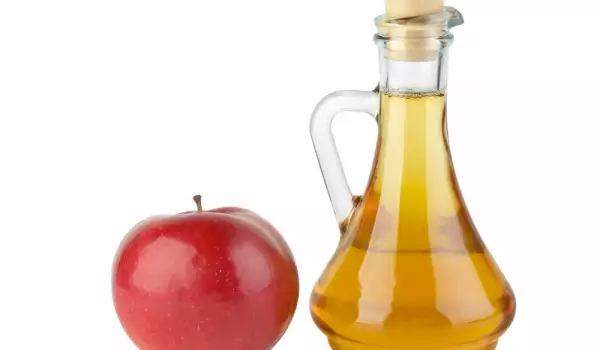






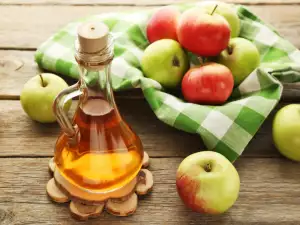
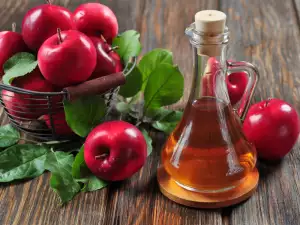
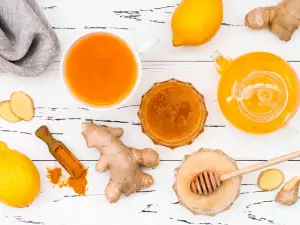
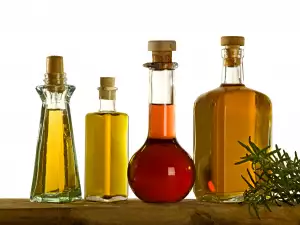
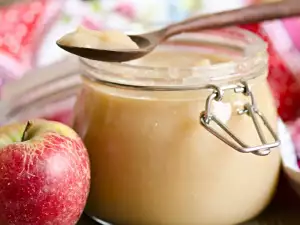






Comments